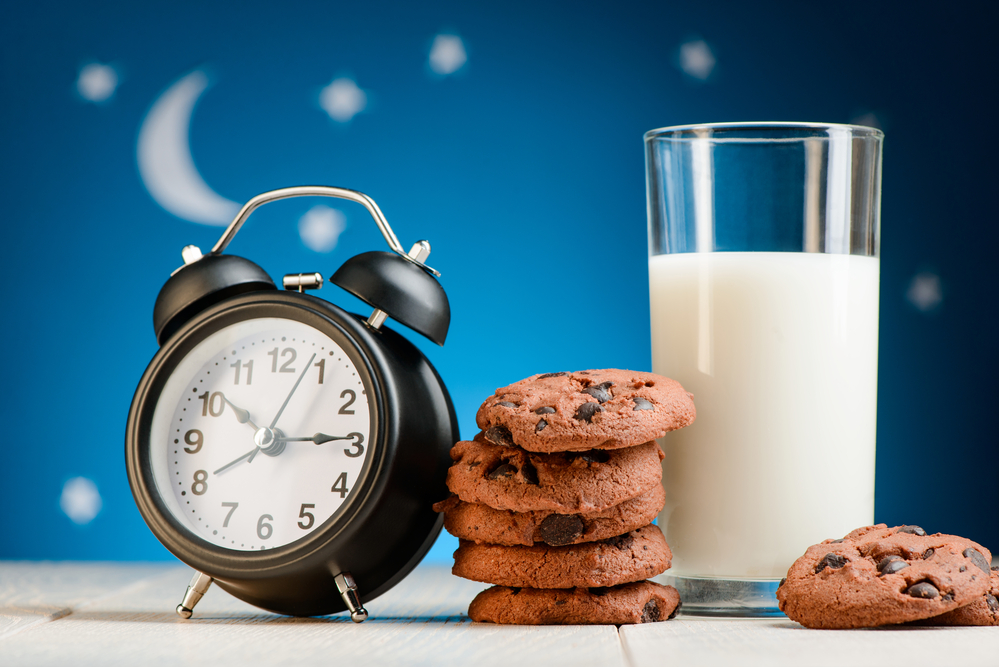Natural vs. Medicinal: Comprehensive Guide to Insomnia Treatments Without Drugs and With Medication
Treating insomnia can be challenging. Insomnia is the most prevalent sleep disorder, affecting millions around the world. But when it is you, that is all that matters. Since everyone is unique and leads different lives, insomnia treatments must be tailored to fit these individual realities.
Non-Medical Insomnia Remedies
What You Can Do
Numerous natural insomnia remedies are readily available. Often, people living with insomnia can make adjustments to their sleep habits and hygiene to restore restful sleep.
These are changes like limiting screen time, eating, and drinking in the hours leading to bedtime. Likewise, keeping your bedroom for only sleeping or sex reinforces the valuable belief that your bedroom is a safe and welcoming sleeping environment.
Managing stress throughout the day and not only at bedtime is crucial for battling insomnia. When we rush from task to task throughout the day, we accumulate stress and pressure that will prevent us from sleeping that night. Ideally, we can briefly pause between chores to be present in the moment by taking a breath and releasing stress.
Illness, medical conditions, and medications can also contribute to insomnia. Discussing your health issues and medications with your primary physician if you are dealing with insomnia is a good idea.
Cognitive Behavioral Therapy for Insomnia (CBT-I)
The primary method for treating insomnia, CBT-I, helps people shift negative self-talk, beliefs, and perceptions about sleep into helpful, positive thoughts. The core elements of CBT-I include:
Stimulus Control Therapy
Helpful for eliminating things that support harmful beliefs about sleep.
Sleep Restriction Therapy
SRT decreases your time in bed, eliminates naps to increase sleep pressure, and is ideal for those with Sleep Maintenance Insomnia.
Light Therapy
When our sleep/wake cycle is out of sorts and causes us to fall asleep and awaken too early, light therapy can adjust your internal clock.
Relaxation Techniques
Biofeedback, breathing exercises, and progressive muscle relaxation are proven methods for relieving anxiety.
Paradoxical Intention
Remaining passively awake (going to bed and trying to stay awake instead of expecting to sleep) can change damaging beliefs and self-talk with a drastic shift in thinking.
A trained sleep professional will guide you through CBT-I treatment. However, finding the right professional can be a challenge since there are a limited number of CBT-I facilitators.
Pharmacological Treatments
There are more over-the-counter and prescription sleep aids out there than ever, and understanding these options can be mind-numbing. However, medical sleeping aids have their place, as CBT-I and other natural solutions may not suit every person or situation.
Often, underlying issues like chronic disease and others can hinder the effectiveness of many natural insomnia solutions. Of course, other factors can come into play that make pharmacological sleep treatments the correct choice.
Resetting the sleep/wake cycle is one instance where medical sleep aids can play a significant role. However, with only a few exceptions, these pharmacological sleep aids are for short-term usage. Individuals can become addicted or dependent on these medications, so you must be using them under medical supervision. It is important to discuss these options thoroughly with your physician.
Over-The-Counter Medications
Most non-prescription sleep medications contain antihistamines, which cause drowsiness. Side effects of these medications can include:
- Dizziness
- Confusion
- Daytime Drowsiness
- Cognitive Decline
- Difficulty Urinating
With all of this in mind, it is essential that you discuss all medications you take with your primary physician.
Prescription Medications
FDA approved sleep medications require a doctor’s written prescription and typically reduce central nervous system activity to aid in falling and staying asleep. Their side effects can include drowsiness, headaches, and dizziness, and some can be habit-forming with withdrawal -like symptoms if treatment abruptly ends.
There are several classes of these medications:
- Melatonin Receptor Agonists
These promote sleep by increasing the body’s melatonin hormone level. - Antidepressants
The FDA only approves one of these for treating insomnia, but these drugs have a sedative affect and are frequent sleep aids. - Z Drugs
These prescriptions promote sleep with their sedating effect slowing down brain activity. - Benzodiazepines
Like Z Drugs, Benzodiazepines slow brain activity and are among the first medications approved for treating insomnia. - Off-label prescriptions
Often, doctors will prescribe a medication with FDA approval for treating conditions other than insomnia when they feel it is appropriate, an off-label usage of the approved drug. Off-label recommendations are a common practice in all areas of medicine.
Overcoming insomnia can seem like a challenge of a lifetime. Frequently, sleep medications are the first choice for many, but the right natural insomnia treatment can be more effective than medications because they often address the root cause vs the symptoms of insomnia and have little to no side effects.
However, we are all different, and sleep medications may be in order when natural insomnia remedies are not sufficient. These drugs are typically intended for short-term use, whether prescription or over-the-counter. Many sleep medications can be addictive or habit-forming and have serious side effects that may dissuade some from using them.
Cognitive Behavioral Therapy for Insomnia is a proven science-based program and the primary treatment for insomnia.
At Sleep Science Academy, we employ CBT-I and numerous other equally proven science-based methods and techniques to provide the most comprehensive insomnia treatment, Dynamic Sleep Recalibration (DSR).
Each client works with their certified professional holistic health/sleep coach to support and guide them through reversing their insomnia. Our multipronged approach allows their coach to craft a treatment plan specifically for their needs and situation: The Sleep Science Academy Difference.
Are you tired, tired of not sleeping, battling insomnia every night, and living with the results every day? Get the rest you need and deserve. Contact us today and schedule your complimentary sleep consultation with one of our certified sleep coaches and make that first step towards a lifetime of restful nights and productive days.

